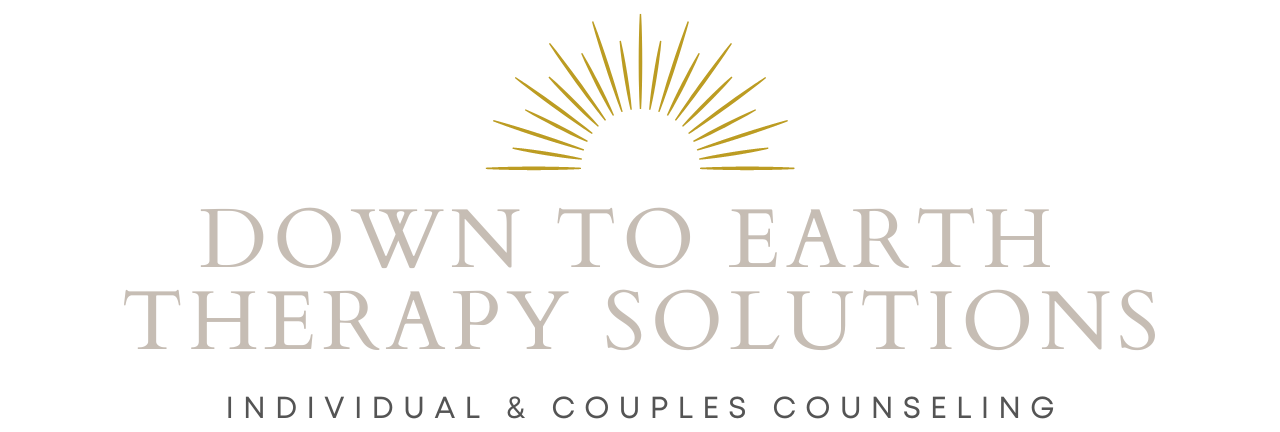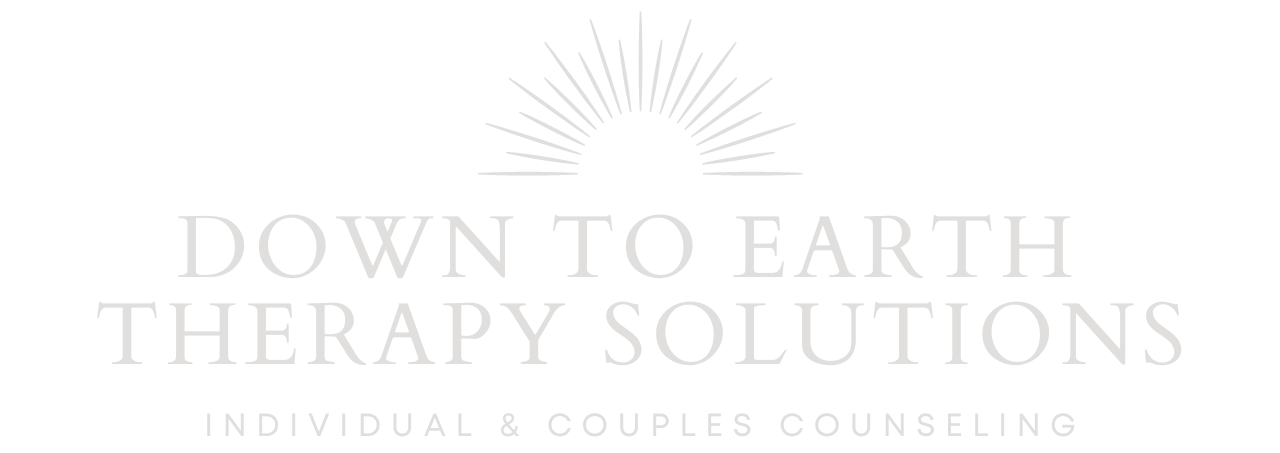When having disagreements with others, especially your partner, focus on major issues rather than getting bogged down by daily grievances. Addressing the bigger issues tends to be more productive and ensures that the core issues get addressed, so you both stay on track with your communication. Here are some reasons why focusing on major issues can be more effective:
- Creates Deeper Understanding: Larger issues (e.g., feeling unheard, differences in priorities, lack of intimacy) often reflect core values or unmet needs. When you focus on major issues, it leads to a better understanding of each other’s core values and helps both partners feel more heard. This approach allows you to explore an issue more deeply, beyond surface behaviors.
- Prevents the Build-Up of Resentment: Constantly bringing up daily grievances (e.g., not putting the cap back on the toothpaste, not replacing the toilet paper roll) can lead to accumulated resentment and frustration. By choosing to focus on major issues directly, you can prevent these feelings from building up and avoid the “straw that broke the camel’s back” effect. It’s usually not about the smaller things, but if major issues aren’t addressed, these small annoyances can pile up.
- Promotes Problem-Solving: Major issues often require cooperative problem-solving, accountability, and discussing alternative solutions. When you focus on major issues, you strengthen the relationship and improve how you feel about each other and your self-efficacy. This focus helps in finding effective resolutions rather than getting stuck on minor grievances.
- Improves Relationship Quality: By choosing to focus on major issues, you make substantial improvements in the relationship. This approach helps both partners identify what is important individually and within the relationship dynamic. It ensures that both are working towards similar goals and agree on how to achieve them together.
- Builds Trust and Respect: Addressing and resolving significant issues demonstrates that both partners are capable of expressing their own needs while hearing the other’s needs. When you focus on major issues, it fosters empathy, understanding, and a deeper commitment to the relationship.
Knowing why it’s important to focus on major issues can help in staying on topic during discussions. It’s counterproductive to bring up past grievances or a list of complaints from the last month during an argument. Staying focused can be challenging, but being mindful about it can create an environment of teamwork and resolution rather than resentment and hurt. Here are some tips to help stay on track:
- Define the Issue Clearly: Before starting the discussion, ensure both partners understand the specific issue at hand. If you’re arguing about one thing and your partner is arguing about something else, it will lead to misunderstandings. Start by clarifying, “I want to make sure we’re talking about the same thing,” and state the specific issue.
- Use “I” Statements: Frame your concerns using “I” statements to express your feelings without placing blame. For example, say, “I feel disappointed when our weekends aren’t planned in advance; it makes me feel like our time together isn’t a priority,” instead of “You never plan anything.” This shift helps in communicating without blame.
- Set Boundaries for the Discussion: Agree to focus on major issues one at a time. If minor grievances come up, note them to address later, but keep the current discussion on track. You might say, “Let’s stick to talking about household chores for now and save other issues for another time.”
- Summarize and Clarify: Periodically summarize what has been discussed to ensure both partners are on the same page. Make sure you are both hearing each other and allow for clarification. This helps keep the discussion organized and focused.
- Acknowledge and Validate: Recognize each other’s feelings and perspectives on the main issue. Validating each other’s emotions maintains a constructive dialogue. Remember, validation means acknowledging feelings, not necessarily agreeing with them.
- Take Breaks if Needed: If the conversation starts to go off course or becomes too heated, take a short break to regroup. Communicate that the conversation will continue at an agreed time. A break isn’t ignoring the issue but a pause for care.
- Agree on Action Steps: Conclude by agreeing on specific actions or changes to address the issue. Having a clear plan helps maintain focus and ensures progress.
By choosing to focus on major issues and maintaining a structured approach to discussions, couples can resolve significant problems effectively while minimizing conflict over minor details. As you build healthy communication habits, they become second nature, strengthening the “muscle memory” of positive interactions with your partner.




